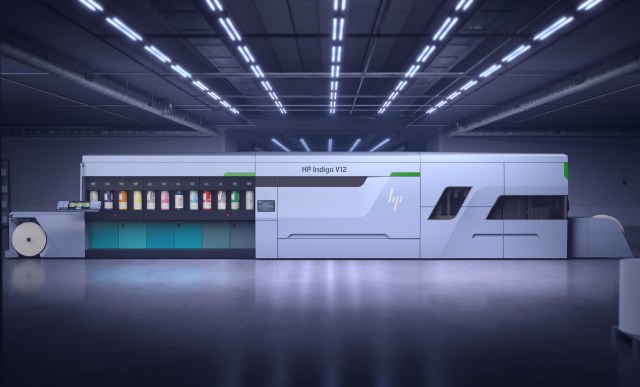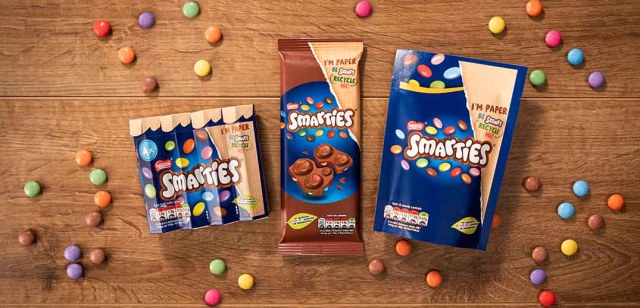
Pulp and paper company Sappi and digital printing business HP Indigo have joined forces to meet the needs of a changing world.
Both companies have joined forces to advance the use of paper in flexible packaging as a paper-based solution from Sappi that renders additional special coatings or laminations superfluous was successfully verified for the HP Indigo digital printing.
Sappi Europe innovation and sustainability head of new business development packaging solutions René Köhler said the move was made as the demand for sustainable packaging is increasing.
“With our innovative functional paper packaging solutions, we are offering a sustainable material based on renewable sources that can be recycled in the paper stream,” Köhler said.
“This sustainable approach also extends to the various integrated functions of Sappi’s functional papers, such as barrier properties and heat-sealability.”
According to HP Indigo head of labels and packaging product marketing and management Eli Mahal the company has continuously invested in solutions that improve packaging production sustainability.
“HP Indigo is collaborating with Sappi to validate high-grade substrates that can meet our customers’ requirement to reduce the impact of packaging on the environment, while leveraging HP Indigo’s ability to deliver on-demand, high-quality packaging with minimal waste,” Mahal said.
A case study
To meet food manufacturers’ new demands, Sappi and HP Indigo put their technologies to a test. The challenge was to create special paper-based, sealable soup pouches.
They said it was a tricky one: Not only did each of the pouches have to be uniquely designed and personalised, but silver and invisible yellow had to be applied for brand protection as well. A material that could endure the different steps from printing to further processing by varnishing through to sealing was needed – and this, of course, always with sustainability in the foreground.
A decision was made in favour of Sappi’s Guard Gloss 4-OHG in a grammage of 91 g/m² for the soup pouches.
“Over 80 per cent of the high-barrier paper’s materials originate from renewable sources. The paper-based packaging solution makes additional special coatings or laminations redundant and the materials can be recycled in the paper stream,” Sappi sales support manager of consumer goods and self-adhesives Kathrin Böhmüller said.
HP Indigo took over the elaborate design of the pouches. At its Graphic Experience Center in Barcelona, the three-side-seal soup pouches (130 mm x 86 mm) were given their individual design.
The team developed the artwork for the pouches and six different and unique designs, that leverage HP Indigo’s proprietary variable data printing (VDP) capabilities, came to life to meet the soups’ different vegetable flavours.
For the printing process, a narrow-web HP Indigo 6K Digital Press was deployed, using HP Indigo’s full colour range, silver and special invisible yellow inks.
In combination with Sappi’s material, the inks gave the soup pouches their high-quality appearance.
Following the printing process, Sappi’s Guard Gloss 4-OHG excellent printability and good converting properties were improved with an additional finish: A water-based gloss coating with a high heat- and a high scratch-resistance was applied to avoid an extra lamination process.
This was said to ensures that the brilliant printing results and the excellent colour design within the pouch-making process were protected through the processing, filling and transport to the point of sale with consumers.
This finish, ACTDigi Protective Coating AQ440125 by global coating specialist ACTEGA, was specially developed for the flexible-packaging market, offering a high scuff-resistance and fast drying.
As the amount of coating needed was very low, it aligned with the idea of sustainability of the paper-based soup pouch because water-based coatings are environmentally friendly due to no-solvents and VOCs and they do not have a negative impact on the later recycling process.
The pouches were then finished by Bossar Packaging. The company specialises in the design and production of horizontal form-fill-seal equipment for manufacturing flexible packaging, such as spouted pouches, zippered pouches and sachets.
The three-side-seal bottom-folded pouches were produced using Bossar’s fully servo-controlled machines belonging to the BMS series. This technology substitutes the traditional and standard single cam shaft.
Filling and sealing of the packages were handled on the same packaging machine.


